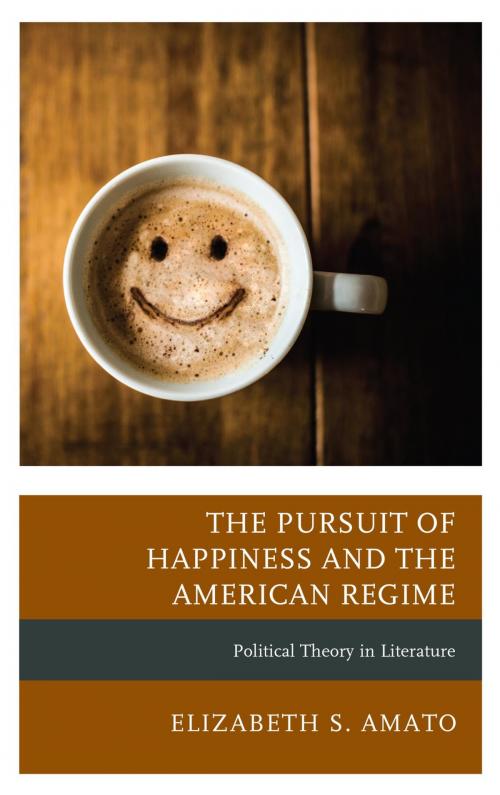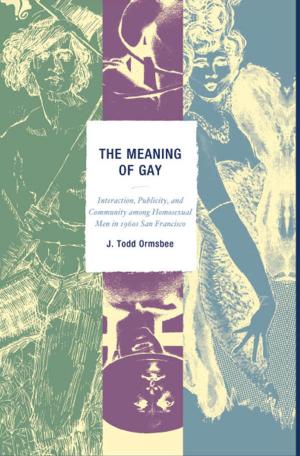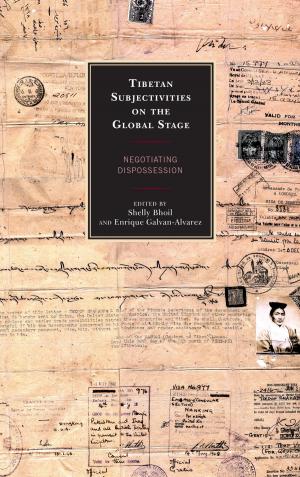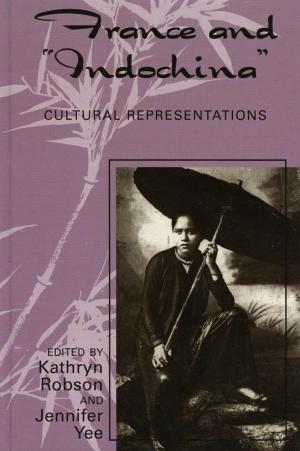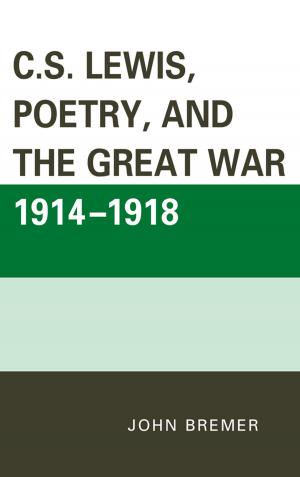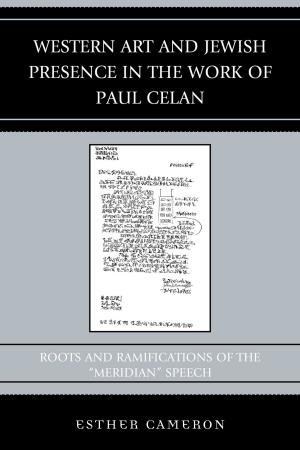The Pursuit of Happiness and the American Regime
Political Theory in Literature
Nonfiction, Social & Cultural Studies, Political Science, Politics, History & Theory, Fiction & Literature, Literary Theory & Criticism| Author: | Elizabeth Amato | ISBN: | 9781498554206 |
| Publisher: | Lexington Books | Publication: | February 28, 2018 |
| Imprint: | Lexington Books | Language: | English |
| Author: | Elizabeth Amato |
| ISBN: | 9781498554206 |
| Publisher: | Lexington Books |
| Publication: | February 28, 2018 |
| Imprint: | Lexington Books |
| Language: | English |
The Declaration of Independence claims that individuals need liberty to pursue happiness, but provides little guidance on the “what” of happiness. Happiness studies and liberal theory are incomplete guides. Happiness studies offer insights into what makes people happy but happiness policy risks becoming doctrinaire. Liberal theory is better on personal liberty, but weak on the “what” of happiness. My argument is that American novelists are surer guides on the pursuit of happiness. Treated as political thinkers, my book offers a close reading of four American novelists, Tom Wolfe, Walker Percy, Edith Wharton, and Nathaniel Hawthorne, and their critique of the pursuit of happiness. With a critical and friendly eye, they present the shortcomings of pursuing happiness in a liberal nation but also present alternatives and correctives possible in America. Our novelists point us toward each other in friendship as our greatest resource to guide us towards happiness.
The Declaration of Independence claims that individuals need liberty to pursue happiness, but provides little guidance on the “what” of happiness. Happiness studies and liberal theory are incomplete guides. Happiness studies offer insights into what makes people happy but happiness policy risks becoming doctrinaire. Liberal theory is better on personal liberty, but weak on the “what” of happiness. My argument is that American novelists are surer guides on the pursuit of happiness. Treated as political thinkers, my book offers a close reading of four American novelists, Tom Wolfe, Walker Percy, Edith Wharton, and Nathaniel Hawthorne, and their critique of the pursuit of happiness. With a critical and friendly eye, they present the shortcomings of pursuing happiness in a liberal nation but also present alternatives and correctives possible in America. Our novelists point us toward each other in friendship as our greatest resource to guide us towards happiness.
